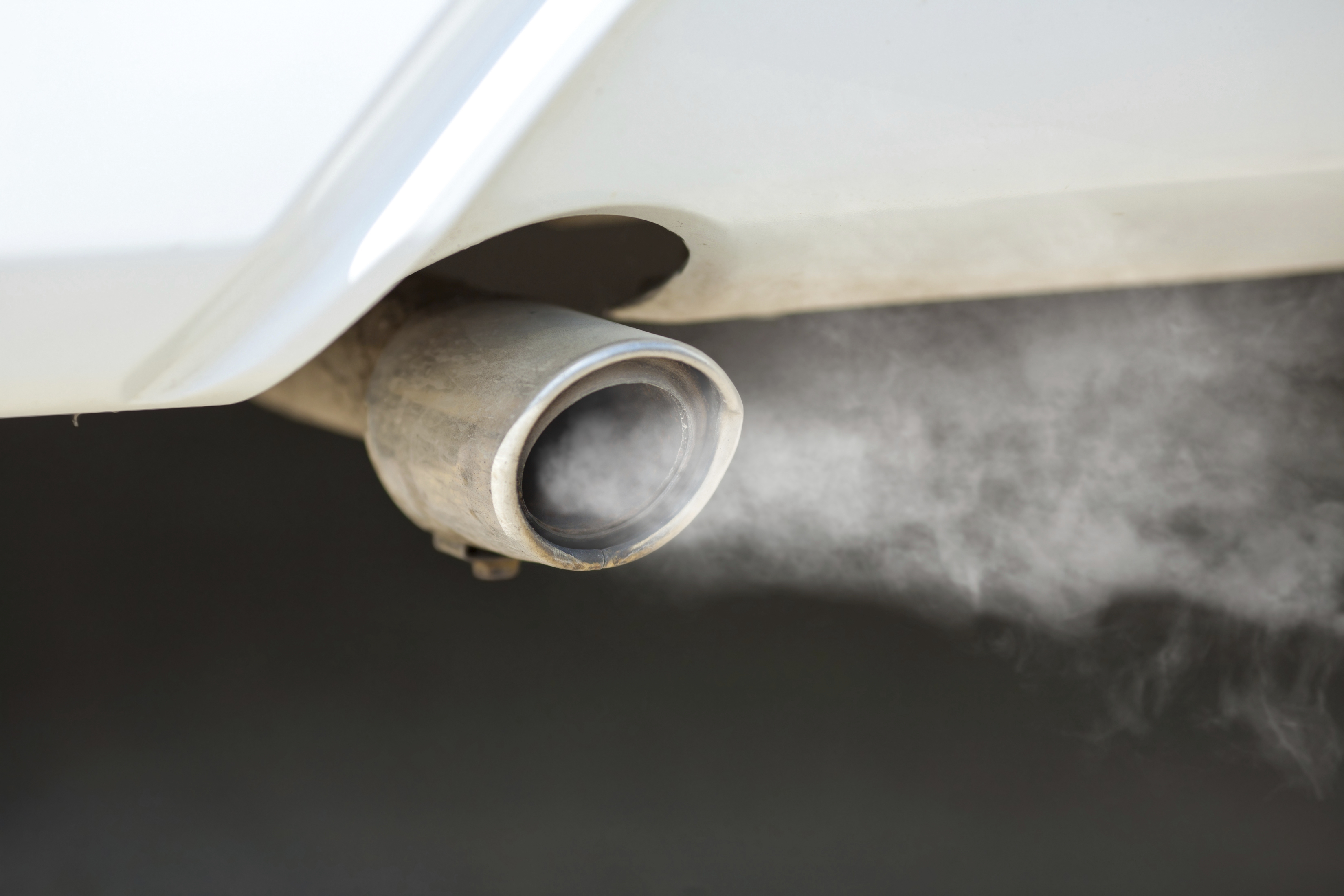National scheme ruled out
Ministers have decided not to take forward a national scrappage scheme to help improve air quality.
In its response to a consultation on “Additional measures to support individuals and businesses affected by local NO2 plans” government highlighted a range of concerns highlighted by responders including:
- That any scheme would be high cost and poor value for money – a number of stakeholders suggested that any funding would be more effectively spent on schemes to help people upgrade their vehicles e.g. plug in grants and schemes to support public transport. A number of responses suggested any such scheme should be funded or part funded by manufacturers. One respondent set out that manufacturer led schemes are more cost effective.
- Difficulties in designing a scheme that would help those most in need e.g. low income, provide value for money and not be open to abuse and fraud. One stakeholder commented this might be reduced if a scheme focused on commercial vehicles.
- Difficulties in targeting vehicles that are regularly entering a Clean Air Zone – potential for unfairness in the design of the scheme or an overly complex scheme. A couple of reports have demonstrated that often the most polluting vehicles are located outside of high polluting areas so geographic targeting would not be effective in reducing emissions;
- Environmental issues with scrapping vehicles that are still in good use and could impact CO2 emissions e.g. if encouraging people to switch from diesel to second hand petrol.
- Potential to disrupt the car market.
- Scrappage just replaces vehicles with more vehicles – focus should be on promoting alternative travel. In addition stakeholders noted that previous schemes have shown that scrappage usually just brings forward scrapping of vehicles that otherwise would not be scrapped for some years.
Ministers concluded:
“In response to these concerns we are not proposing to take forward a national scrappage scheme at this time. However we have not restricted the types of measures local authorities could bid for funding for from the Clean Air Fund. Any measure proposed by local authorities would be assessed against the assessment criteria and so would need to demonstrate the rationale for intervention, that they provide value for money, are deliverable and are able to effectively target those most impacted, and have no negative air quality benefit.”
Responding to the decision, Steve Gooding, director of the RAC Foundation, said:
“Devising am effective scheme delivering value for money was always going to be a challenge.
‘It’s not enough simply to take some older cars off the road. The pollution caused is not just a product of the age of a vehicle but also where it is driven, when it is driven and how far it is driven.
“Then there is the question of what the scrapped vehicle is replaced with.
“Ultimately a lot of money could be spent achieving not a great deal.”
ENDS
Contact:
Philip Gomm – Head of External Communications – RAC Foundation
[email protected] | 020 7747 3445 | 07711 776448 | 020 7389 0601 (ISDN)
Notes to editors:
The RAC Foundation is a transport policy and research organisation that explores the economic, mobility, safety and environmental issues relating to roads and their users.
The Foundation publishes independent and authoritative research with which it promotes informed debate and advocates policy in the interest of the responsible motorist.
All the Foundation’s work is available on its website:


